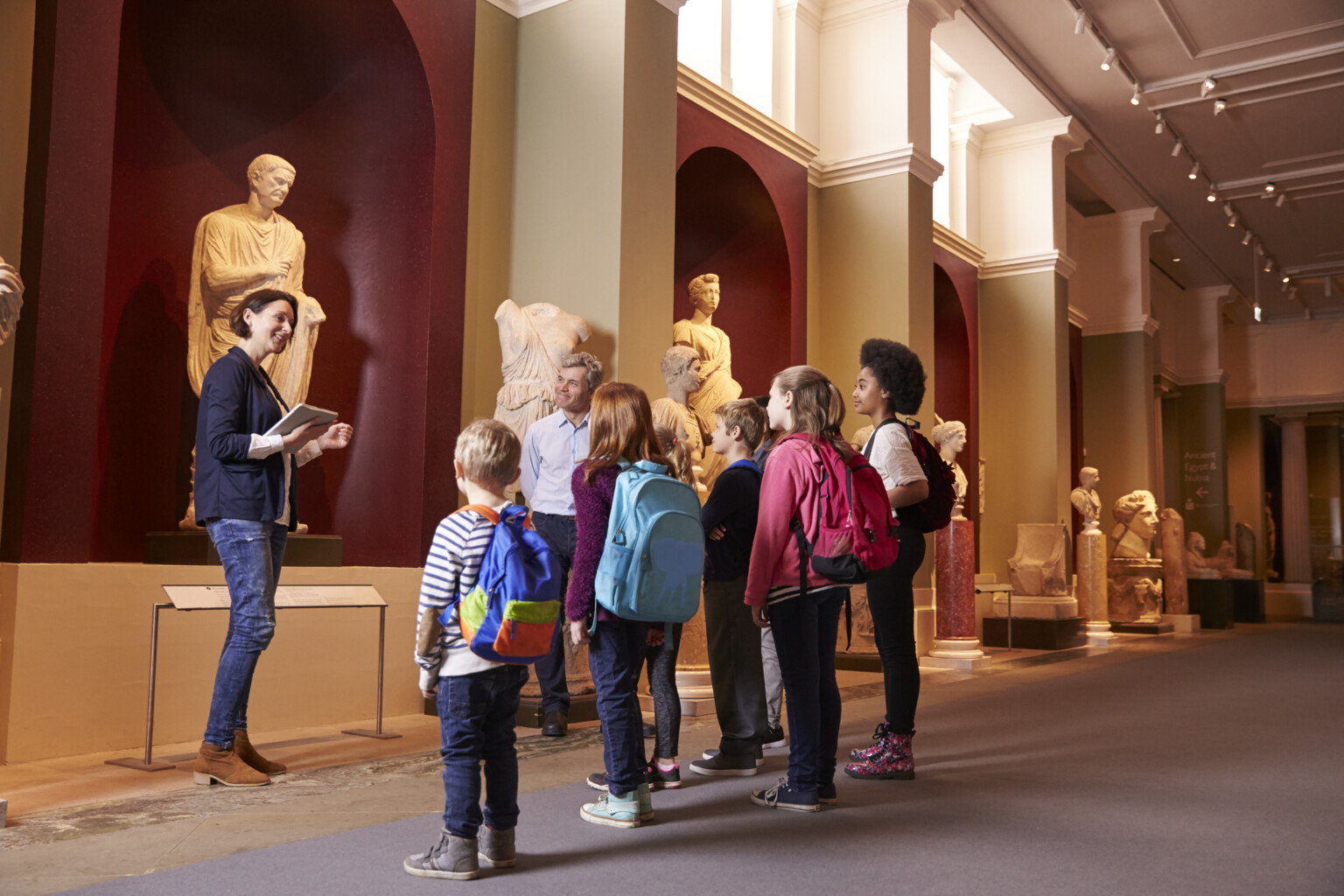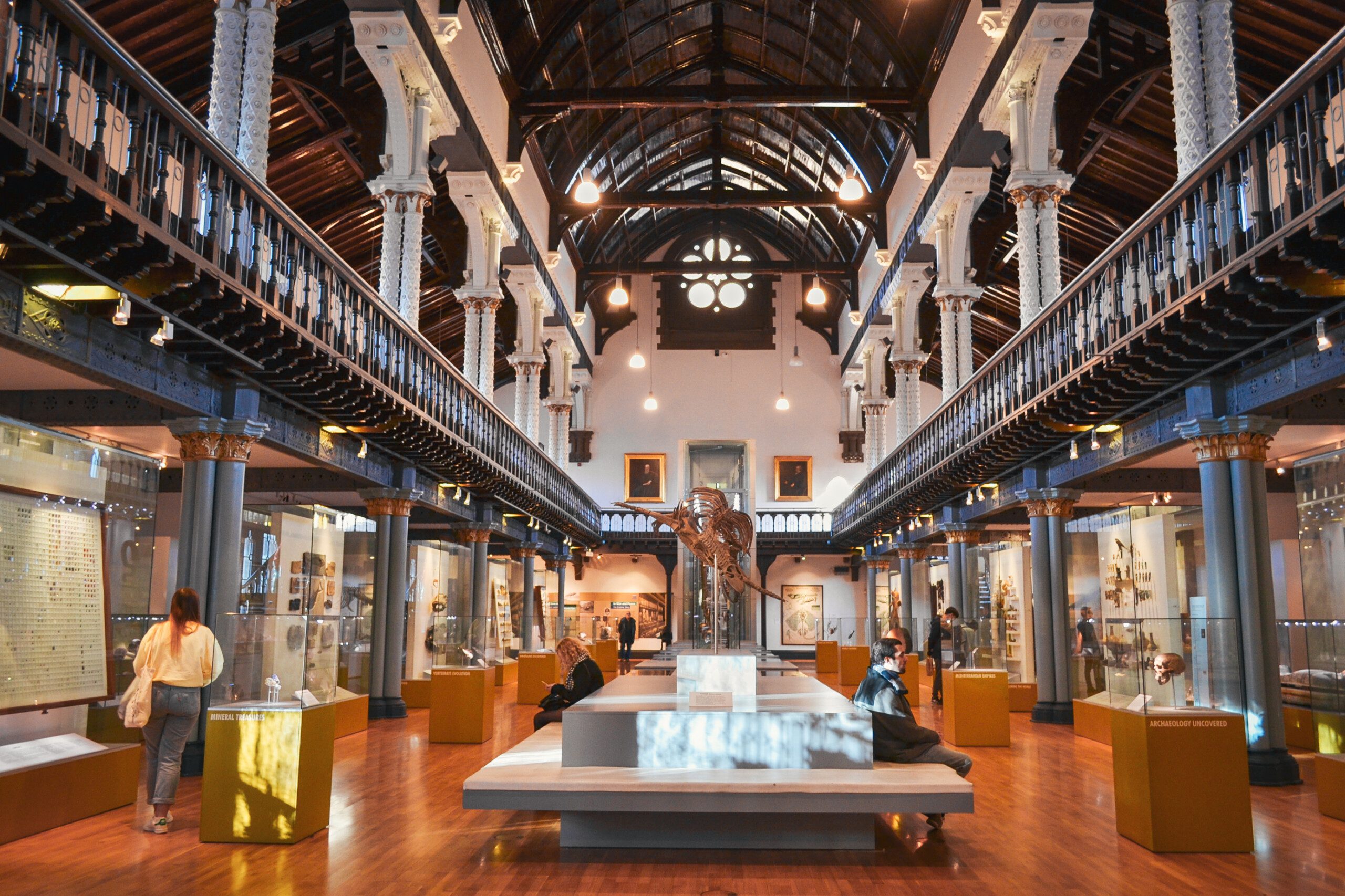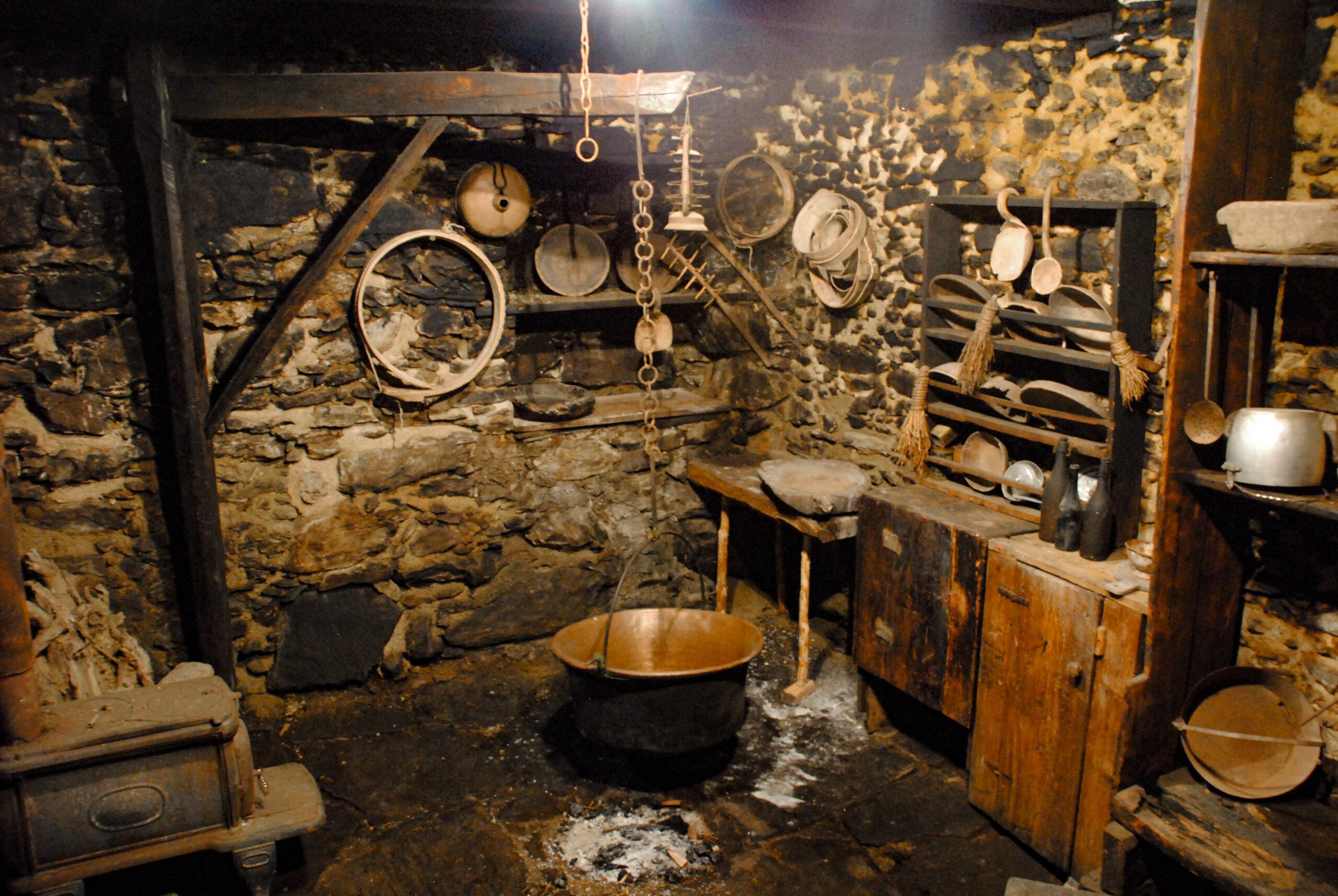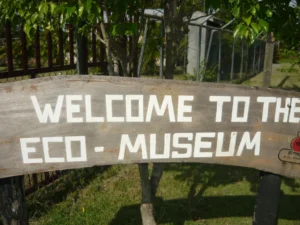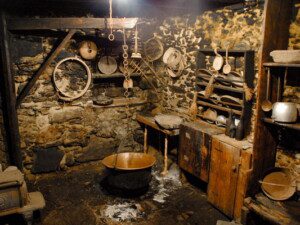Ice cream maker (Ice cream maker): Reference scheme
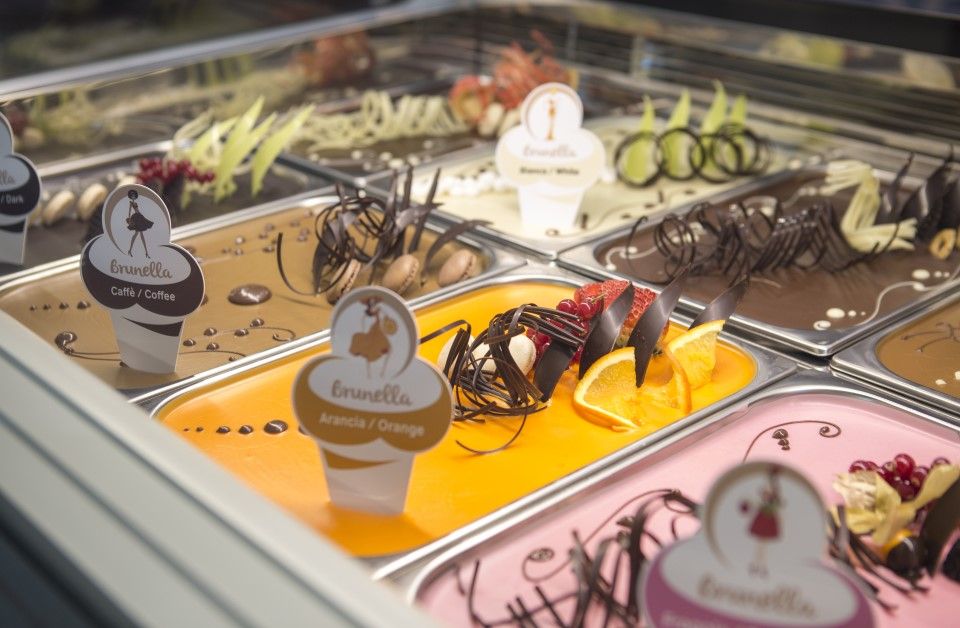
Scheme D) Unregulated profession without a defined scheme (provisional scheme)
Note: The current scheme, although it considers some requirements of the draft standard UNI/Pdr 52: 2018, is classified as scheme D. This is because it only takes into consideration some aspects of the mentioned standard. Consequently, a specific TAH-CF sheet will be developed which will delve deeper into the individual aspects.
The reference scheme is based on the 'modelSkills Cycle' and is in line with the 'Tourism, Arts, Heritage Competence Framework (TAH-CF)'. the TAH-CF is defined in accordance with the European Qualifications Framework (EQF), the Recommendation of the European Parliament and of the Council 2009/C 155/02 (ECVET) and the APNR (Non-Regulated Professional Activities) scheme adopted by UNI for the technical standardization of unregulated professions.”
The form is made available to all stakeholders in the cultural tourism supply chain in order to collect comments and useful elements for identifying the initial scheme. All interested parties are invited to improve the sheet by sending their contributions to info@aiptoc.it
Description
PST19/P2: Ice cream maker (Ice cream maker) (III Level EQF)
The ice cream maker or ice cream maker deals with producing ice cream and ice cream products, working on the entire manufacturing process, in compliance with food and hygiene standards. It carries out both manual work and the use of professional machinery. Based on the recipes, it mixes, pasteurizes, homogenizes the ingredients and carries out correct maturation, freezing and hardening of the product, applying specific techniques. Often it also deals with the sale of the product to commercial establishments or its administration directly to the end customer.
The ice cream maker can work as an employee or can carry out the profession "on call". In the case of employee contracts, these can also be seasonal.
Where he works
In ice cream laboratories and commercial establishments
Fundamental tasks and specific activities
IStandards of Reference
- European Qualification Framework (EQF)
- Recommendation 2009 / C 155/02 (European Credit System for Vocational Education and Training - ECVET)
- Law 4/2013 relating to non-regulated professions
Fundamental tasks and specific activities
The main tasks are:
- Application of the self-control system for the safety of food products
- Taking care of the supply and conservation of raw materials and semi-finished food products
- Selection and research of ingredients, especially for particular and newly created ice creams;
- Knowledge of the main ice cream processing machinery
- Preparation of mixtures and syrups
- Pasteurization and homogenization of mixtures,
- Conservation and maturation of the mixtures,
- Creaming and freezing,
- Shaping its products into various shapes and shapes,
- Cleaning, sterilization and disinfection of machinery, their parts, equipment in general and the laboratory.
Profile Evaluation Criteria
To certify the possession of skills, it is proposed to take into consideration methodologies that take into account the following aspects in a non-mutually exclusive manner, i.e. possibly in combination with each other:
- Qualifications awarded in the academic field (Formal Learning)
- Specific Training (Non-Formal Learning)
- Work or Professional Experience (Informal Learning)
Work or professional experience can be demonstrated through various tools including:
- Curriculum Vitae
- Professional portfolio
- Objective placement on the market (awards, regional, national or international recognition)
Requirements for access to the professional figure
Since the professional figure is not organized in an order or college, the requirements may vary based on the relevant Professional Association or other criteria established by the individual interested parties. Below are the requirements adopted by the Helios Study Center for inclusion in the internal register containing the list of Professionals whose skills have been recognized as corresponding to the requirements indicated in the “Tourism, Arts and Heritage Competence Framework (TAH-CF)”
- Having attended specific training courses for the professional figure in question organized/recognised by Regions or professional associations established pursuant to law 4/2013 and recognized by the Ministry of Business and Made in Italy (ex MISE) and at least three years of work experience or professional related to the profession in question
Or
- Secondary school diploma and at least six months, even if not continuous, of proven work, professional experience relating to the profession in question
Or
- At least 1 year of proven work or professional experience relating to the profession in question
Or
- Be included in the Registers of Professional Associations established pursuant to law 4/2013 and recognized by the Ministry of Business and Made in Italy (ex MISE) as long as they refer to the profession in question
-
Related searches on the Skills Archive Databases (UNDER IMPLEMENTATION)
Featured Heritage Interpretation
Featured training
Basic courses
High Specialization Courses








